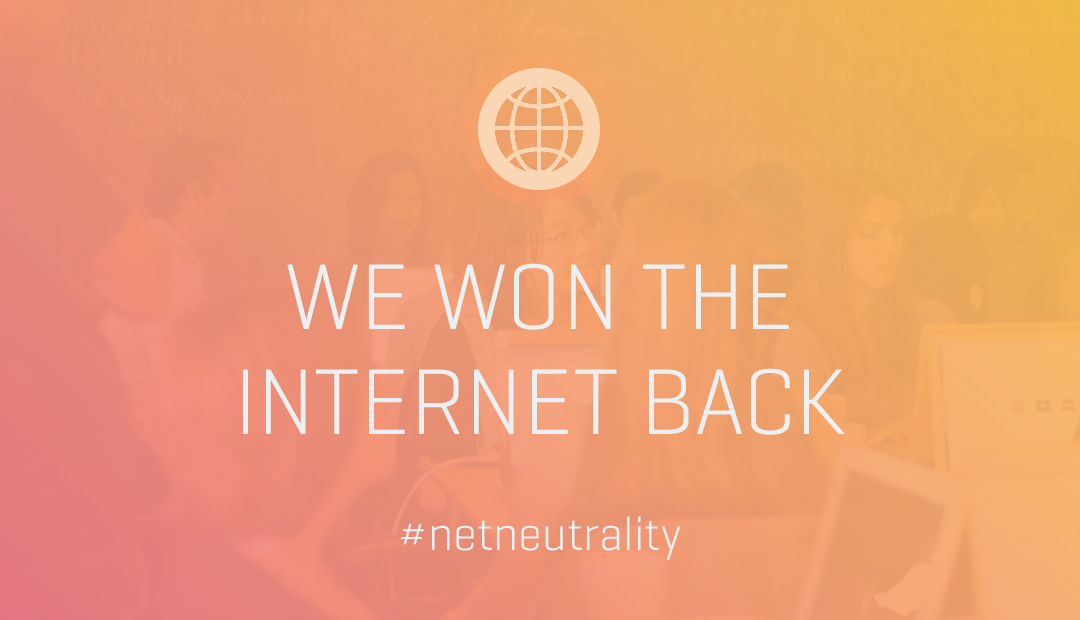Today, the Securities and Exchange Commission convened to vote on adopting rules to implement Title IV of the JOBS Act. The Commission voted unanimously, finally putting Title IV into effect nearly three years after the original legislation was signed into law.
Title IV addresses Regulation A, a securities registration exemption that allows private companies to raise a limited amount of capital without having to meet many of the onerous disclosure and reporting conditions required of publicly-traded companies. The JOBS Act gave Regulation A, (now reframed as Regulation A+,) new life by raising the offering cap from $5 million to $50 million. Some are calling Reg A+ a kind of “mini IPO”, since it allows companies to raise funds from the wider public, including unaccredited investors, so long as their investment does not exceed 10% of their income or net worth.
The rules that were ultimately adopted divide Regulation A+ raises into two tiers, up to $20 million and up to $50 million. In the $20 to $50 million range, companies no longer have to register their securities with each state individually. The preemption of state blue sky laws, regulations that govern securities sales in each state, is being lauded as a huge win for the wider business and investment communities. These laws were a big reason why Regulation A was rarely utilized as a capital formation tool before the JOBS Act, when the maximum raise was capped at $5 million.
Nonetheless, companies seeking investment up to $20 million may still have to register their deals at the state level. The SEC’s rules include a coordinated state review process managed by the North American Securities Administrators Association (NASAA), which could simplify the state-by-state registration process if implemented correctly.
“This mandate, often referred to as Regulation A+, is designed to help enhance the ability of small companies to access capital,” said White. “Small companies are essential to the livelihood of millions of Americans, fueling economic growth and creating jobs.” We couldn’t agree more with this statement. However, while Regulation A+ now offers a new financing option for growing companies, we still need alternative sources of financing for emerging startups seeking to raise far less than $20 million. These companies may still be subject to costly oversight under Regulation A+, especially if the proposed “coordinated review” process doesn’t streamline the system as promised.
The final piece of the JOBS Act—Title III crowdfunding from non-accredited investors—could help fill this gap for small, early-stage funding. However, the SEC has been unwilling to implement Title III crowdfunding thus far. And many experts in the wider startup and investment communities believe that even if the SEC were to enact the Title III rules it’s proposed, the costs of raising capital under Title III would limit its value to most startups.
Whether through Title III equity crowdfunding or some other approach, there continues to be a stark need for alternative financing options for entrepreneurs, particularly those from groups that have traditionally faced greater difficulty raising venture capital funds.
The SEC’s new Reg A+ is an exciting and important new funding mechanism. It will certainly help grow the startup economy and it opens participation in startup financing to the public like never before. But policymakers’ work is not done. They must do more to provide additional alternative pathways for creative and promising entrepreneurs to launch and finance the next wave of innovative startups.



















